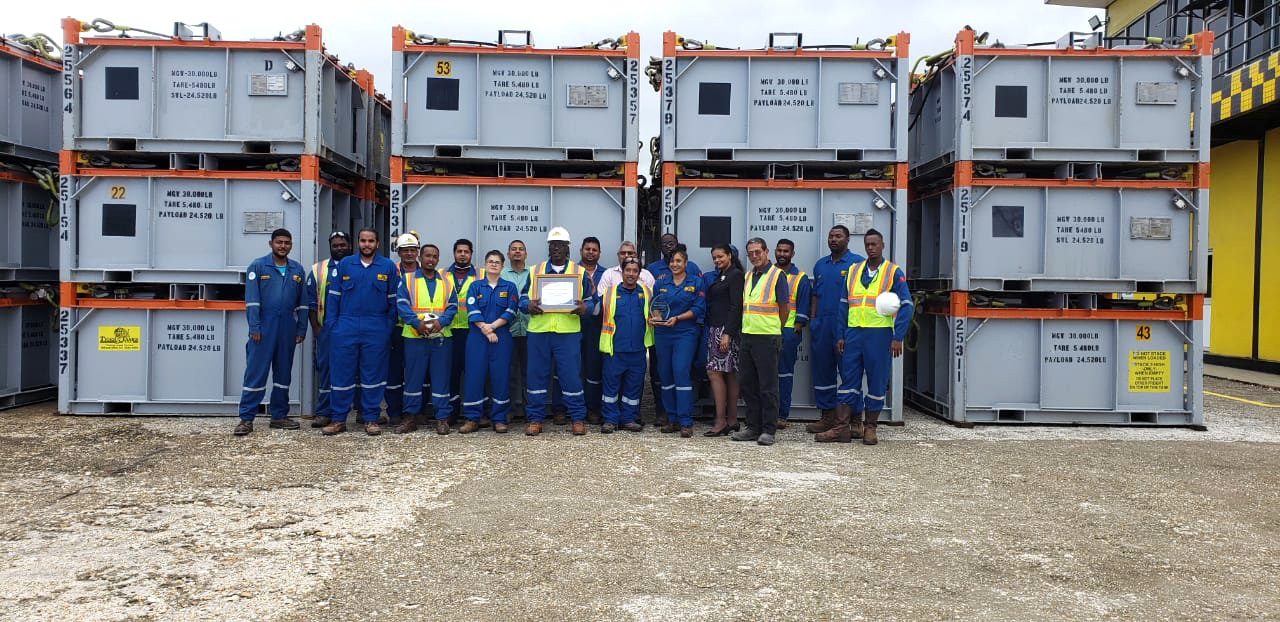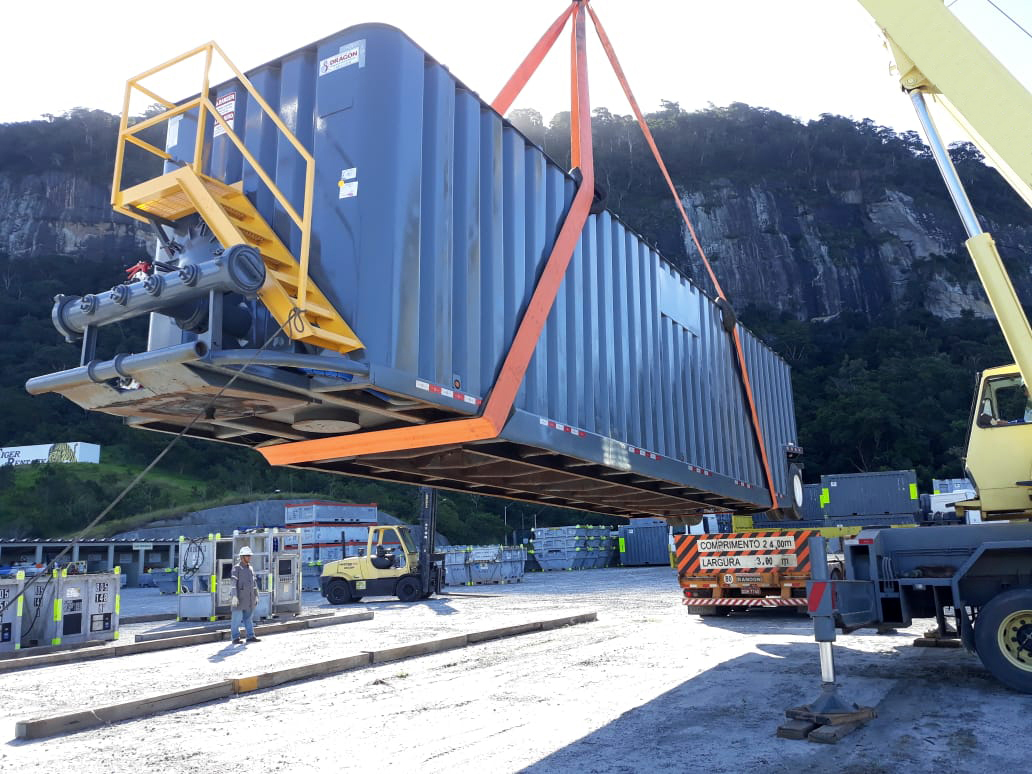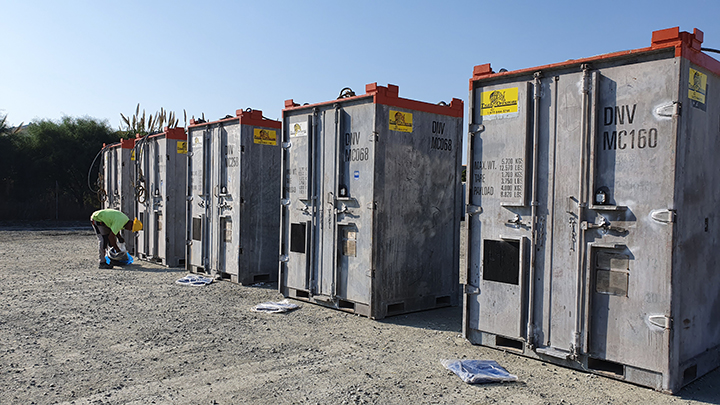
Tackling the Tobago Oil Spill
TACKLING THE TOBAGO OIL SPILL Lessons learned & recommendations On February 7, 2024, Tiger Tanks Trinidad responded to a critical environmental incident when the “Gulfstream” barge ran aground and subsequently overturned off the southwestern coast of Tobago. This unfortunate event resulted in a substantial release of hydrocarbons into the sea, impacting a significant stretch of the Tobago shoreline. Our dedicated team swiftly mobilized to manage the cleanup, addressing the diverse and challenging waste generated by the spill with effective and sustainable strategies. RESPONSE EFFORTS Initial Challenges Proximity to Shoreline: The vessel’s proximity to the shoreline left us with little time to implement response plans. Equipment Mobilization: Mobilizing equipment from Trinidad presented significant logistical challenges due to the remote location of the incident. The task was further complicated by the timing, as the mobilization coincided with the weekend before Trinidad’s Carnival celebrations, a period when travel and accommodations were nearly fully booked. This added an extra layer of difficulty for our team, requiring swift and creative solutions to ensure timely deployment. Environmental Conditions: The spill occurred during the sargassum seaweed season, complicating the clean-up and waste management efforts.Key Actions Taken On-Site Training: Supervisors provided hands-on demonstrations for deploying absorbent booms and conducted training on various shoreline clean-up operations. Waste Management: Solid and liquid waste were meticulously categorized and stored in appropriate containers, such as Frac Tanks and Waste Skips, ensuring safe and efficient disposal. Equipment Deployment: Critical equipment, including ocean booms and sorbents were swiftly deployed to effectively contain the spill. WASTE MANAGEMENT AND CATEGORIZATION Waste Types and Disposal The cleanup process resulted in the generation of various waste types, including oily sand, debris, soiled PPE, and more. Each waste type was handled according to its nature. Disposal Options Oily Debris: Incinerated to minimize environmental impact. Non-Oily Debris: Disposed of in landfills. Recyclables: PET bottles and packaging materials were recycled. LESSONS LEARNED AND RECOMMENDATIONS Preparedness for Future IncidentsThis incident highlighted the critical need for robust spill response plans and the importance of having adequate resources readily available. Key recommendations include: Spill Modeling Data: Ensure that all facilities with potential spill risks maintain updated modeling data to accurately predict shoreline impacts and mobilization timelines. Community Involvement: Train local communities to effectively support response efforts in the event of similar incidents. Resource Management: Maintain a comprehensive resource list, including contacts for catering, medical support, security, and other essential services, to ensure rapid mobilization when needed. CONCLUSION Tiger Tanks Trinidad remains committed to providing efficient and sustainable solutions in the face of environmental challenges. The lessons learned from the Tobago oil spill will guide our future efforts to ensure that we are always prepared to “Make It Happen.”









